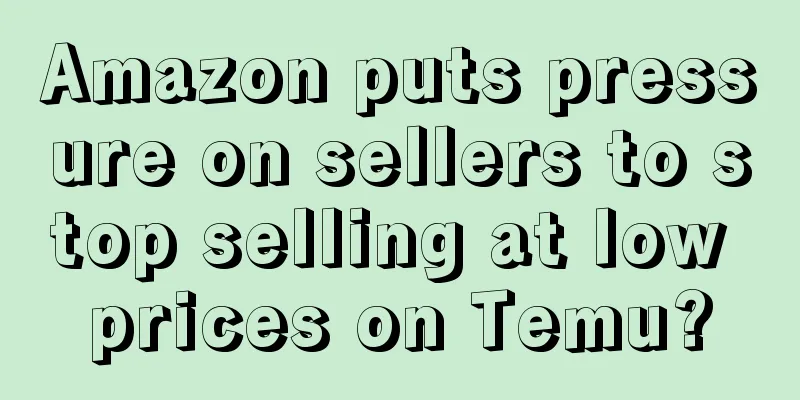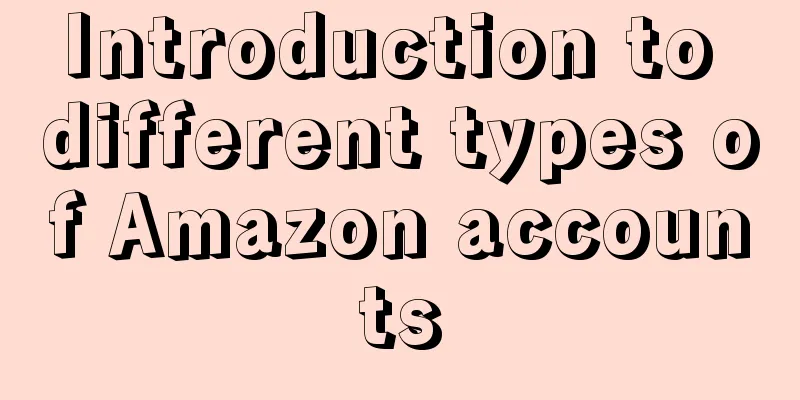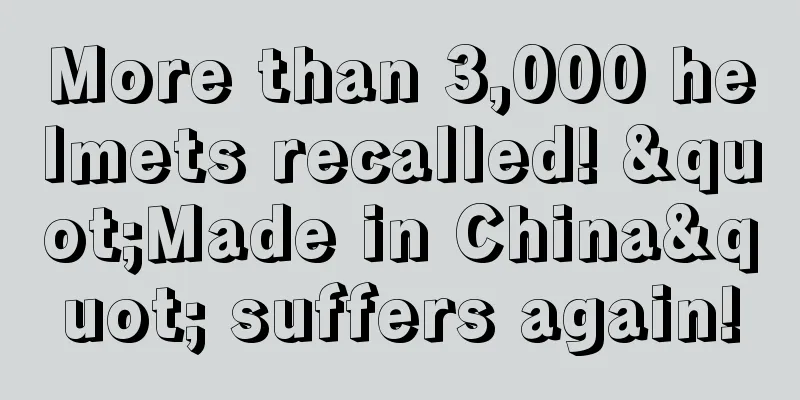Amazon puts pressure on sellers to stop selling at low prices on Temu?

|
Recently, Amazon issued a notice to some Chinese cross-border merchants, asking them to stop selling goods at lower prices on its competitor Temu platform . The move comes amid growing competition with the notoriously competitive Temu, the budget retail platform owned by Chinese e-commerce giant PDD Holdings. According to multiple sellers, Amazon in the United States notified managers of some popular Chinese brands and asked them not to list the same products on Temu at prices lower than Amazon. In order to more effectively deal with the competition from Temu, Amazon not only strengthened its internal price monitoring mechanism, but also tracked product pricing on the Temu platform, and used technical means to obtain real-time price information of similar products on the Temu platform, so as to compare and analyze the prices of products on the Amazon platform. If a seller is found to be selling at a lower price on Temu than on Amazon, the seller may lose the chance to participate in Amazon's "Add to Cart" program, which is also known as "Buy Now" and is displayed prominently at the top of Amazon product pages, allowing consumers to buy the product directly instead of choosing similar products from other merchants. |
<<: Amazon launches two major AI tools to assist in creating A+ pages!
>>: 2025 Amazon lowest price grabbing mechanism and flash sale policy update!
Recommend
What is ShopperPlus? ShopperPlus Review
ShopperPlus was founded in 2015. Its main business...
The US "home improvement boom" is fading! Lowe's lowers its revenue forecast for fiscal 2022!
<span data-shimo-docs="[[20,"获悉,据外媒报道,近日家居...
Parcel volume fell 7.6% year-on-year! Canada Post lost $107 million in the first quarter!
It is learned that according to foreign media repo...
Amazon and Walmart compete head-on in beauty and cosmetics market
BeautyMatter reported that the beauty and cosmetic...
A large number of sellers were wrongly blocked? Amazon may strictly investigate illegal buyer accounts!
There is less than a day left before Amazon’s new ...
Trump’s social media app Truth Social is blocked again from launching on Google Play Store!
It is learned that on August 30, a Google spokesp...
What is FamPay? FamPay Review
FamPay India Payment Platform is a payment platfor...
A 100% safe way to merge torrent links
What are the seed links that everyone often talks ...
What is the Amazon Flywheel Theory/Effect? Amazon Flywheel Theory/Effect Review
The "flywheel effect" means that the var...
No more sellers will suffer losses due to copyright infringement. More than 800 Amazon stores have been sued!
As we all know, infringement cases are one of the ...
Pinch your own philtrum! Amazon France may face a ban on sales of its products because...
"On Tuesday, local time in the United States...
What are the WIPO Mediation Rules? WIPO Mediation Rules Review
The Rules contain 28 articles, including: scope of...
FBA warehouses need to fill in arrival time! Amazon announces new regulations
Amazon in the United States recently released an a...
Be careful, Amazon's latest phishing email! Click it or you may be infected with a Trojan
Normal, once there is data abnormality, such as s...









